The US government has announced plans to fast-track the approval and distribution of lenacapavir, a new twice-yearly shot designed to prevent HIV, for countries around the world except for South Africa. The move has raised eyebrows among global health experts, who point out that South Africa has one of the highest HIV prevalence rates in the world.
According to Dr. Nala Ngwenya, a leading HIV researcher at the University of Witwatersrand in Johannesburg, "It's astonishing that the US would exclude South Africa from this critical program. We have one of the largest HIV epidemics in the world, and our people need access to innovative prevention tools like lenacapavir more than anyone else." She added that the decision "flies in the face of global health equity and ignores the urgent needs of our communities."
Lenacapavir has been hailed as a game-changer in the fight against HIV, offering a more convenient and effective alternative to daily pills. The new shot has shown promising results in clinical trials, with a 90% efficacy rate in preventing HIV infection. However, its approval and distribution have been slow to materialize, with many countries still waiting for access to the life-saving treatment.
The US decision to exclude South Africa from the lenacapavir program has been met with criticism from global health advocates, who argue that it perpetuates existing health disparities. "This decision is a stark reminder of the US's historical neglect of global health needs, particularly in Africa," said Dr. Oluwaseyi Soremekun, a health expert at the African Health Policy Network. "We urge the US government to reconsider its stance and ensure that lenacapavir is made available to all countries in need, including South Africa."
The US government has cited concerns about regulatory frameworks and intellectual property rights as reasons for excluding South Africa from the program. However, many experts argue that these concerns are unfounded and that the US is using them as a pretext to maintain its dominance in the global health market.
In the meantime, South Africa continues to grapple with one of the largest HIV epidemics in the world. According to UNAIDS, an estimated 7.7 million people live with HIV in the country, with many more at risk of infection. The lack of access to innovative prevention tools like lenacapavir has significant implications for public health, particularly in communities that are already vulnerable to HIV.
As the US government moves forward with its plans to fast-track lenacapavir, many are left wondering what the future holds for global health equity. Will the US reconsider its stance on South Africa, or will other countries step in to fill the gap? Only time will tell, but one thing is certain: the world is watching, and the stakes are high.
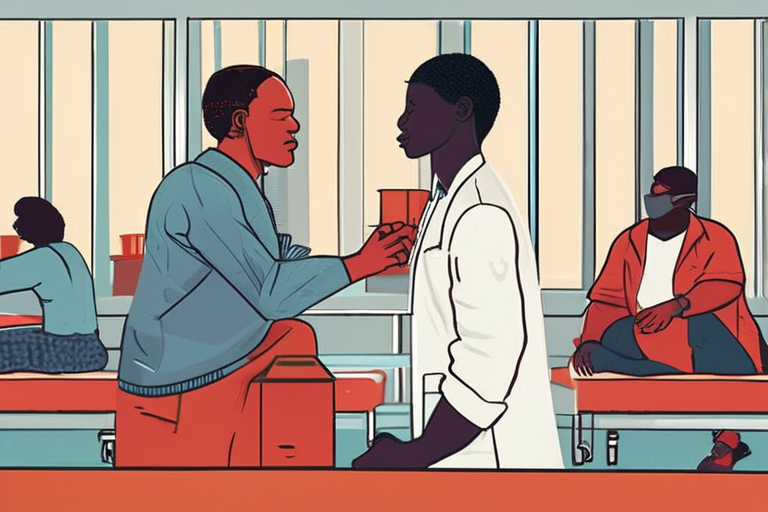



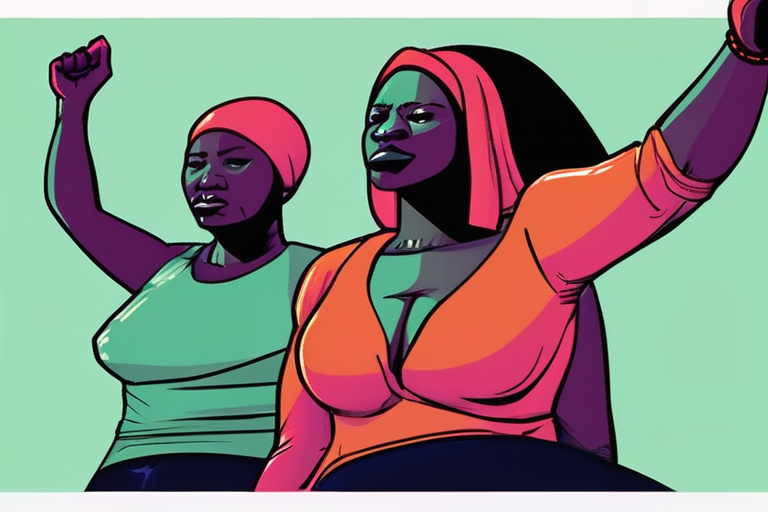

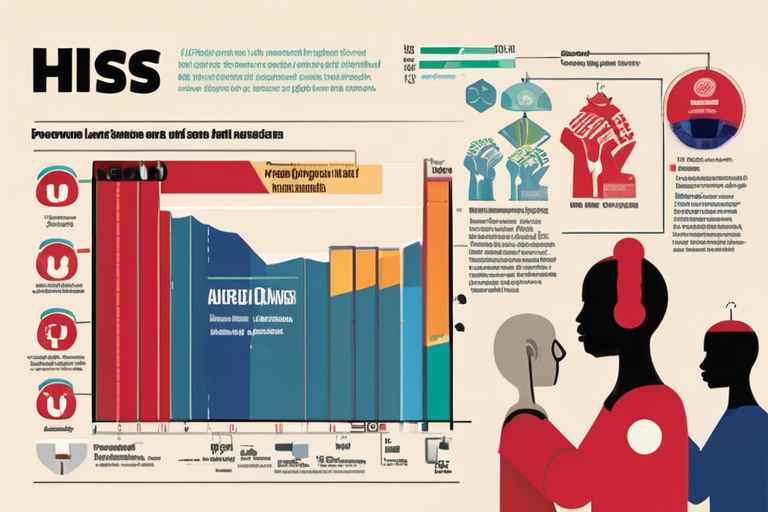


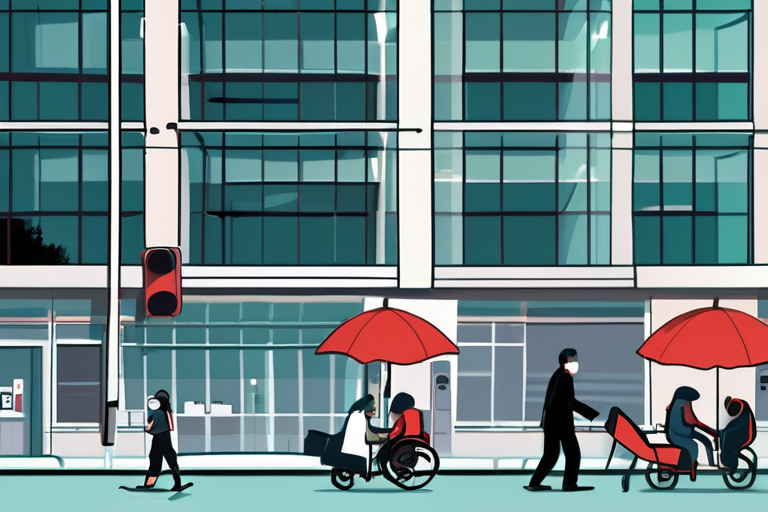


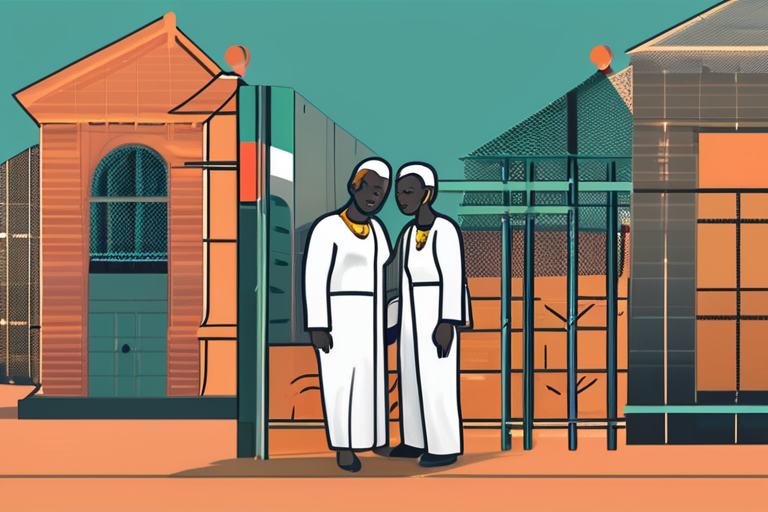
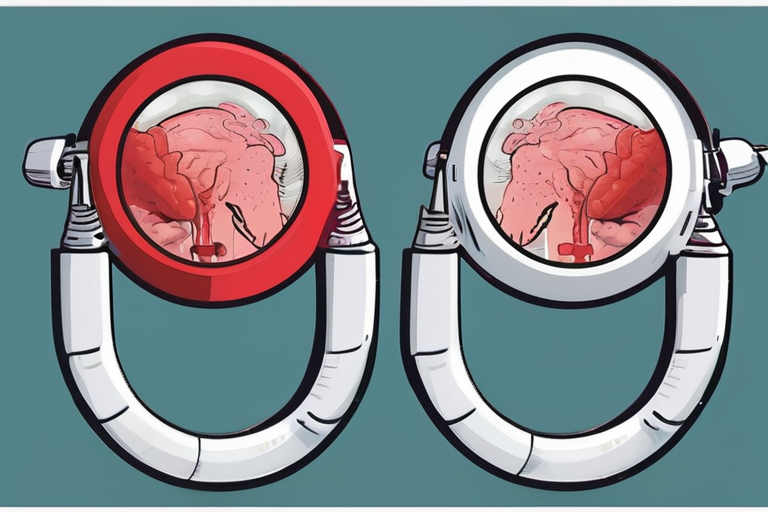

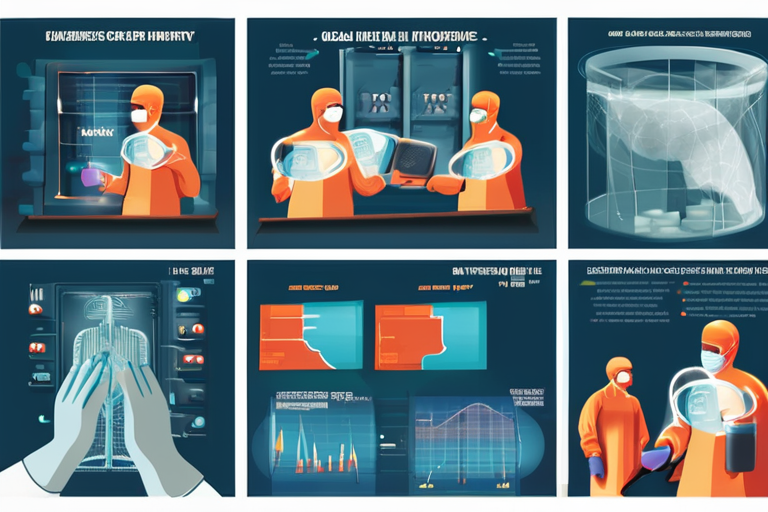








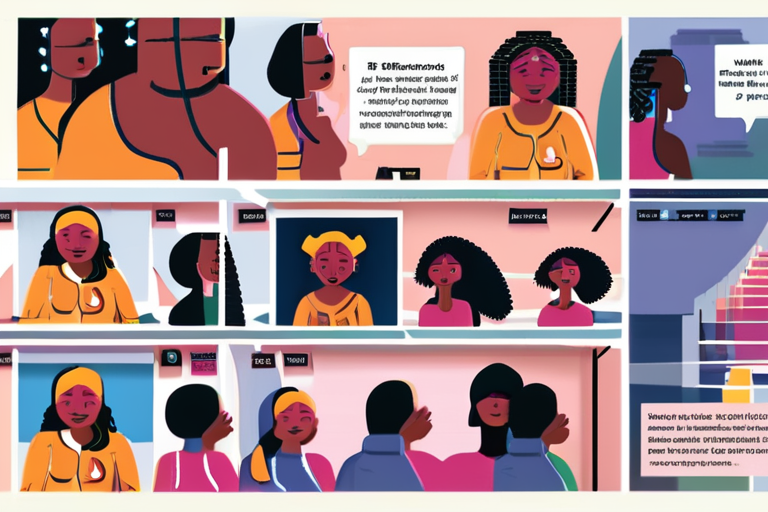
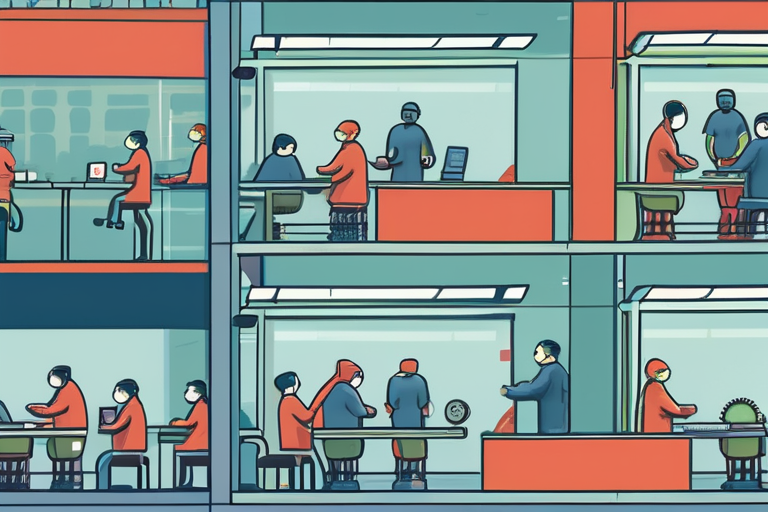
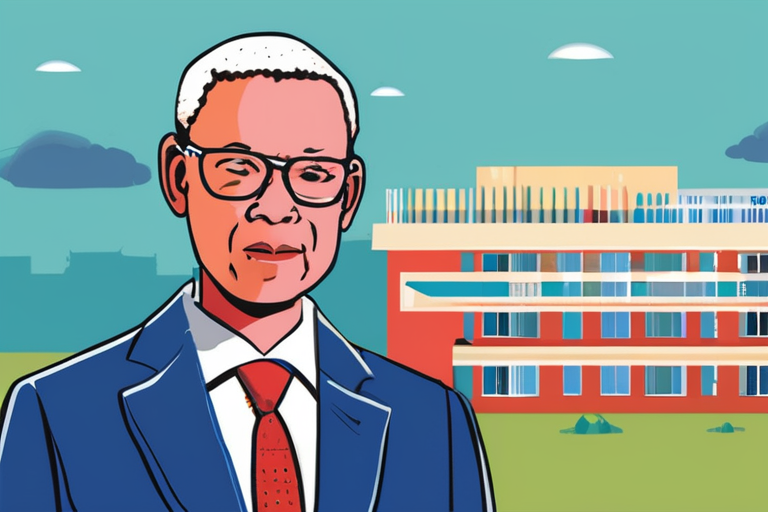
Share & Engage Share
Share this article